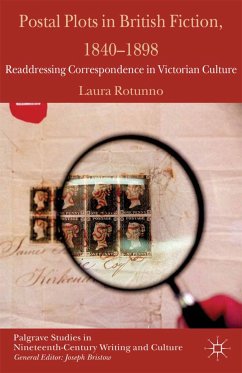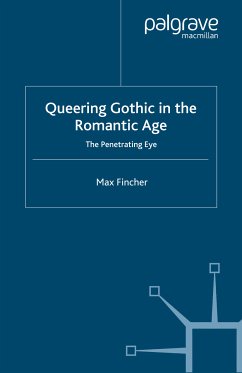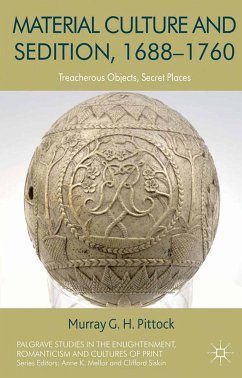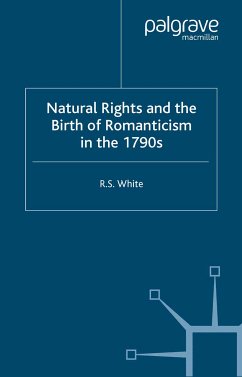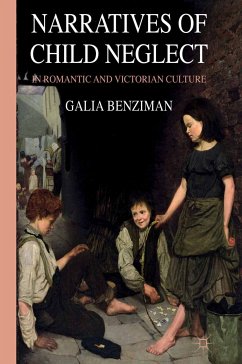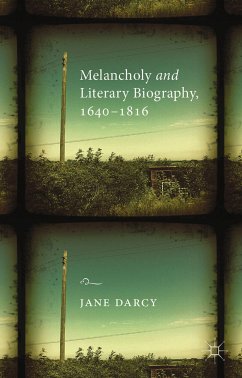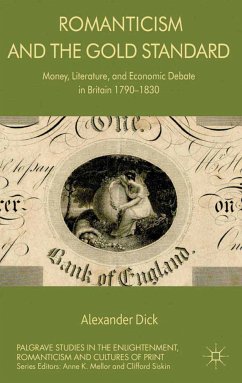
Romanticism and the Gold Standard (eBook, PDF)
Money, Literature, and Economic Debate in Britain 1790-1830
Versandkostenfrei!
Sofort per Download lieferbar
40,95 €
inkl. MwSt.
Weitere Ausgaben:

PAYBACK Punkte
20 °P sammeln!
Through a close analysis of the pamphlets, reviews, lectures, journalism, editorials, poems, and novels surrounding the introduction of the gold standard in 1816, this book examines the significance of monetary policy and economic debate to the culture and literature of Britain during the age of Romanticism.
Dieser Download kann aus rechtlichen Gründen nur mit Rechnungsadresse in A, B, BG, CY, CZ, D, DK, EW, E, FIN, F, GR, HR, H, IRL, I, LT, L, LR, M, NL, PL, P, R, S, SLO, SK ausgeliefert werden.



